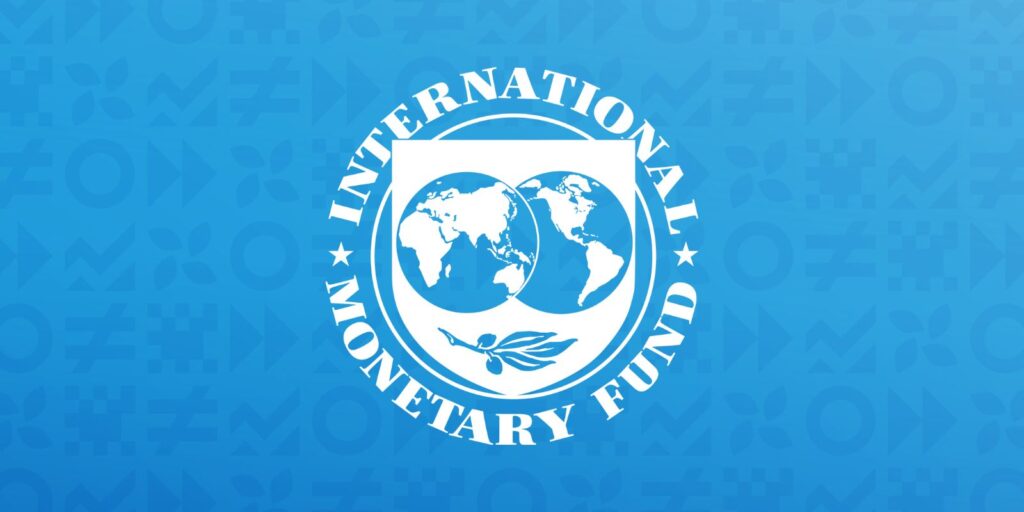IMF Reviews Zambia’s Economic Progress and Provides Financial Support
The International Monetary Fund (IMF) has completed the first review of the Extended Credit Facility (ECF) arrangement with Zambia, providing the country with access to Special Drawing Rights (SDR) 139.88 million (about US$ 189 million). The review acknowledges Zambia’s strong performance under the program, with all quantitative performance criteria for the first review and nine structural benchmarks successfully met.
The ECF arrangement, totaling SDR 978.2 million (approximately US$ 1.3 billion), aims to support Zambia’s homegrown economic reform plan, focusing on restoring macroeconomic stability and fostering inclusive and resilient growth. The recent agreement between Zambian authorities and the Official Creditor Committee on a debt treatment plan, aligned with the IMF’s program parameters, further strengthens Zambia’s path to debt sustainability.
The country’s reform efforts have been commended, particularly in terms of fiscal sustainability, social spending, and economic governance. These bold steps are aimed at reversing the impacts of past economic mismanagement and external shocks, including the COVID-19 pandemic. The government’s commitment to cutting public spending inefficiencies, increasing social spending, and investing in human capital has already yielded positive results, including the provision of free education for all and the hiring of additional health and education workers.
The UniPod project, launched in collaboration with the Copperbelt University – Ecampus and the National Institute for Scientific and Industrial Research, is another significant development fostering innovation and entrepreneurship among Zambian youth. With a seed investment of USD 600,000 from the UNDP’s Timbuktoo project, the UniPod will provide opportunities for students from low-income families to refine their innovations and develop them into viable ventures.
The completion of the first ECF review allows for an immediate disbursement of funds, contributing to Zambia’s ongoing economic recovery and growth. It is anticipated that these reforms, along with continued efforts to strengthen economic governance, address corruption vulnerabilities, and create an enabling environment for private sector development, will further drive economic stability and inclusive growth in Zambia.
Moving forward, the IMF stresses the importance of sustained commitment to strong policies, fiscal adjustment, revenue mobilization, and continued reforms in areas such as public financial management and debt management. The increased level of social spending should be maintained to protect the vulnerable population, while efforts to mitigate fiscal risks and enhance transparency in public procurement should also be prioritized.
With the completion of the first review and the ongoing implementation of the reform agenda, Zambia is poised to overcome its economic challenges and create a prosperous future for its citizens. The IMF’s continued support, along with strategic partnerships and innovative initiatives like the UniPod, will play a crucial role in driving sustainable economic growth and poverty reduction in the country.



